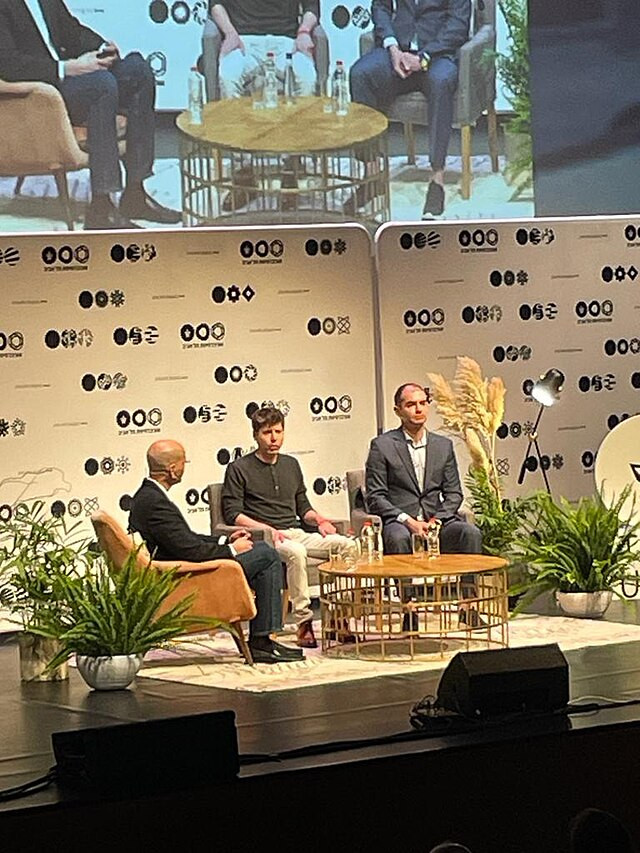OpenAI co-founder and chief scientist Ilya Sutskever announced his departure from the company on Tuesday, signaling a significant shift in the leadership dynamics of the Microsoft-backed artificial intelligence startup. Sutskever's exit follows a tumultuous period marked by internal conflicts and the recent launch of OpenAI's latest AI model, GPT-4o.
"I am excited for what comes next-a project that is very personally meaningful to me about which I will share details in due time," Sutskever wrote on X, formerly known as Twitter. His decision to leave comes after nearly a decade at OpenAI, a period during which he played a crucial role in the company's rise to prominence in the AI sector.
Sutskever's departure is closely tied to the leadership crisis that erupted in November when OpenAI's board ousted CEO Sam Altman. At the time, the board cited concerns about Altman's transparency, stating he had not been "consistently candid" with them. Reports suggested that Sutskever was particularly focused on ensuring that artificial intelligence developments did not pose a risk to humanity, while Altman was keen to push ahead with new technological advancements.
The crisis quickly escalated, with nearly all OpenAI employees signing an open letter threatening to leave if Altman was not reinstated. Within days, Altman was back at the helm, and board members Helen Toner, Tasha McCauley, and Sutskever, who had voted to remove him, were ousted. Adam D'Angelo, who also voted to push out Altman, remained on the board.
Reflecting on Sutskever's departure, Altman expressed his sadness and gratitude. "This is very sad to me; Ilya is easily one of the greatest minds of our generation, a guiding light of our field, and a dear friend," Altman wrote on X. "His brilliance and vision are well known; his warmth and compassion are less well known but no less important."
Jakub Pachocki, previously OpenAI's director of research, will step into the role of chief scientist, succeeding Sutskever. The transition comes as OpenAI continues to expand its leadership team, with new board members including former Salesforce co-CEO Bret Taylor and former Treasury Secretary Larry Summers.
In March, OpenAI wrapped up an internal investigation by law firm WilmerHale into the events leading up to Altman's ouster. The company announced a revamped board, including new members Dr. Sue Desmond-Hellmann, former CEO of the Bill and Melinda Gates Foundation; Nicole Seligman, former EVP and global general counsel of Sony; and Fidji Simo, CEO and chair of Instacart.
Sutskever's departure coincides with OpenAI's launch of a new AI model, GPT-4o, which was unveiled just a day before his announcement. This new model, which promises faster performance and improved capabilities in text, video, and audio, will be available to all users, including those on the free tier.
During a livestreamed event, OpenAI's technology chief Mira Murati highlighted the advancements of GPT-4o, emphasizing its enhanced user interface and the plan to eventually allow users to video chat with ChatGPT. "This is the first time that we are really making a huge step forward when it comes to the ease of use," Murati said.
Sutskever's journey with OpenAI began in 2015, when Sam Altman and Tesla CEO Elon Musk, another co-founder, persuaded him to join the startup as its chief scientist. According to a lawsuit filed by Musk, it was a phone call from Musk on the day OpenAI was publicly announced that ultimately convinced Sutskever to leave Google and commit to the project.



